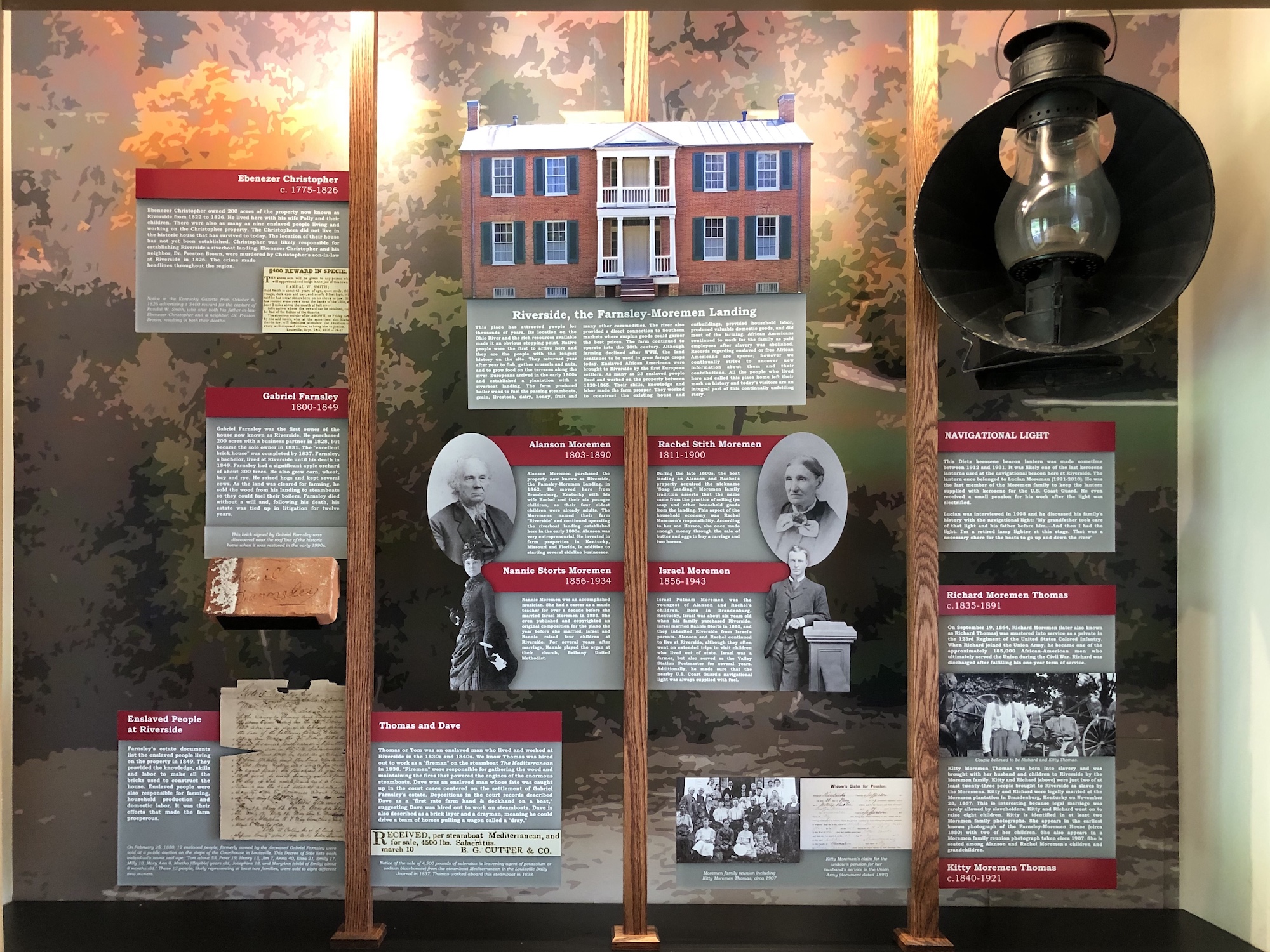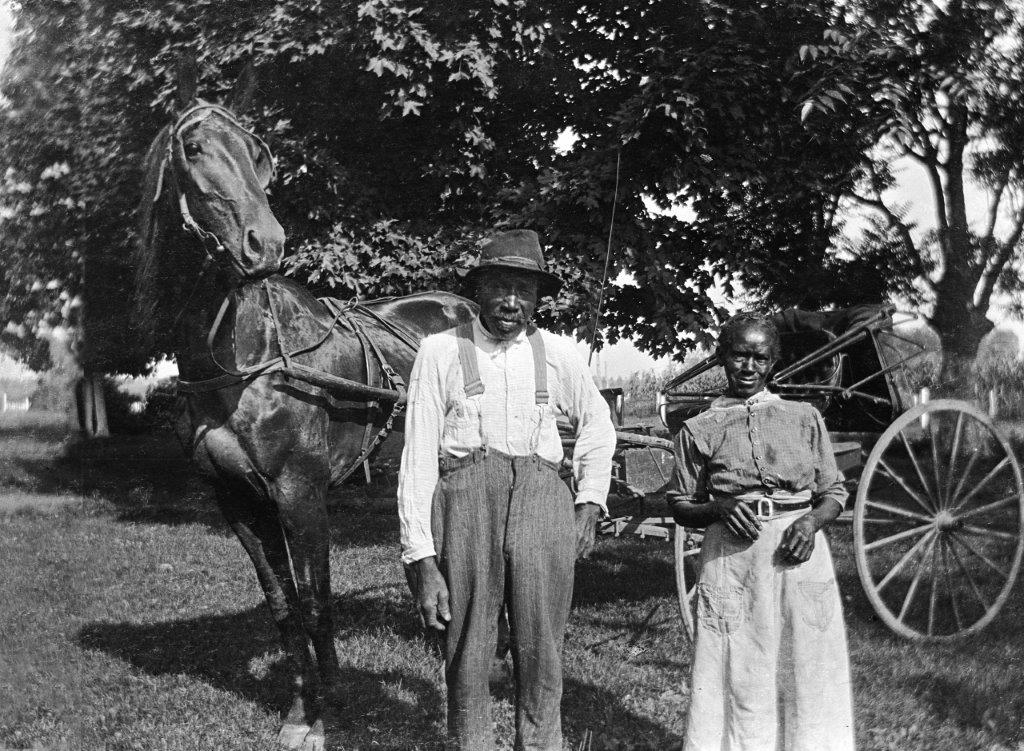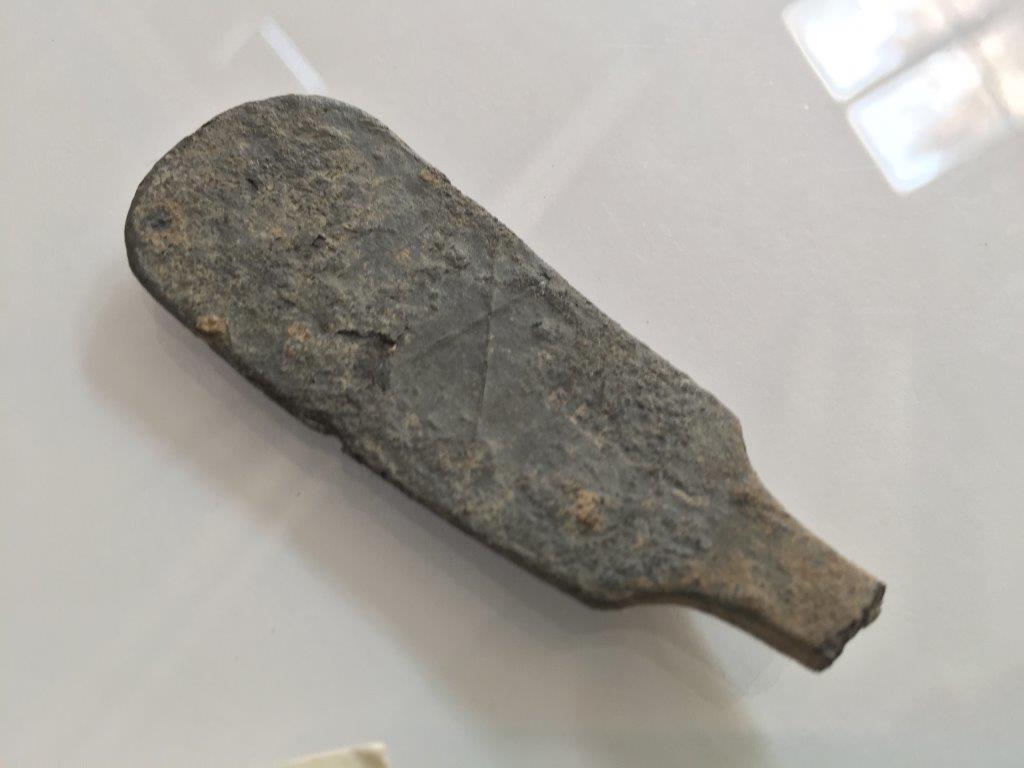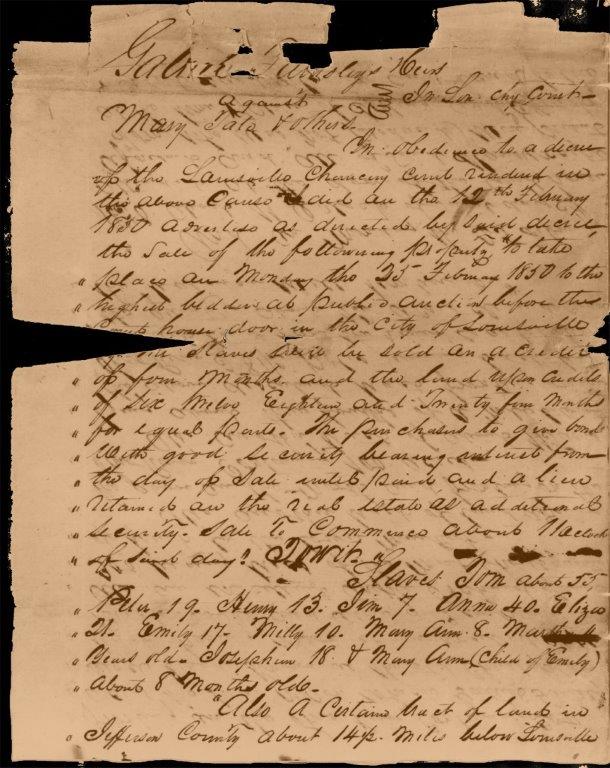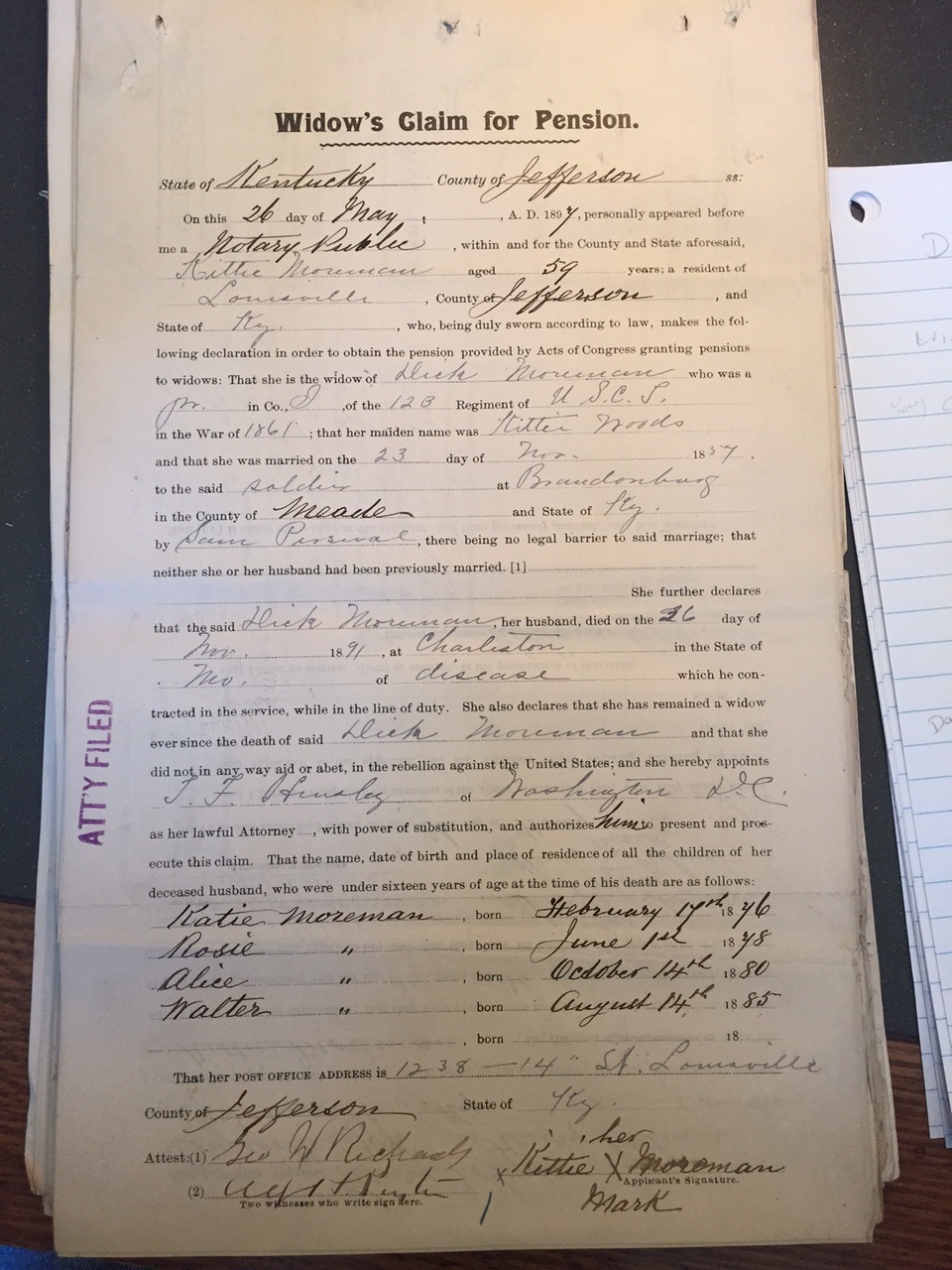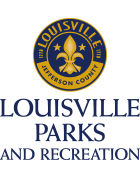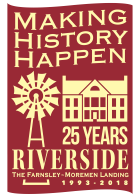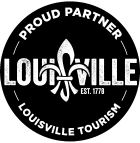Unearthing the Truth: African Americans at Riverside
Riverside honors the lives of the enslaved people who lived and worked on this Ohio River farm by offering dedicated tours and public archaeology experiences. Over 25 years of archaeology digs and other research continue to provide new information about the lives of the enslaved and their paths to freedom. Their stories of resilience and resistance are central to the American story. Come learn about and be a part of Riverside’s ongoing quest to unearth the truth.
From 1820 until 1865, at least 47 people were enslaved at this Ohio River farm in Louisville, now a historic site. Over the past couple of decades, archaeology digs have unearthed invaluable information about their lives. New archival research has uncovered information that traces the paths taken by two families from slavery to freedom. Their stories offer insight into how formerly enslaved people navigated this complicated and challenging transition.
We invite you to come to be a part of these unfolding stories. Walk in the footsteps of the people who were responsible for farming, household production, and the construction of the 1837 house that still stands today. Hear about Tom and Dave who worked “for hire” aboard steamboats on the Ohio River and Richard Thomas who served in the United States Colored Infantry during the Civil War. Meet the Alexander sisters who became early educators in Louisville’s segregated school system after being born into slavery.
Interact with archaeologists at our current dig site—and participate in the process of discovery, if you choose. Archaeology experiences are offered by appointment during the COVID-19 pandemic and when weather permits. Click the BOOK TOURS button for dates/time and pricing information.
We honor the stories and contributions of the people who were enslaved at Riverside. We are committed to continued research and to sharing their stories through tours, exhibits, programs and educational events.
During the COVID-19 pandemic, we are offering opportunities for small groups to take a FREE outdoor/indoor “Unearthing the Truth” tour by appointment. Click our BOOK TOURS button to see dates/times and more details.
Contact us at 502-935-6809 or by email at info@riverside-landing.org to inquire about booking a larger group tour and/or archaeology experience.
A brand-new exhibit on “The People” at Riverside highlights new research about the enslaved people who lived and worked at Riverside in addition to new information about the Farnsley and Moremen families. Riverside remains committed to honest and accurate history–and to being a space where we can our explore our shared history and humanity.

